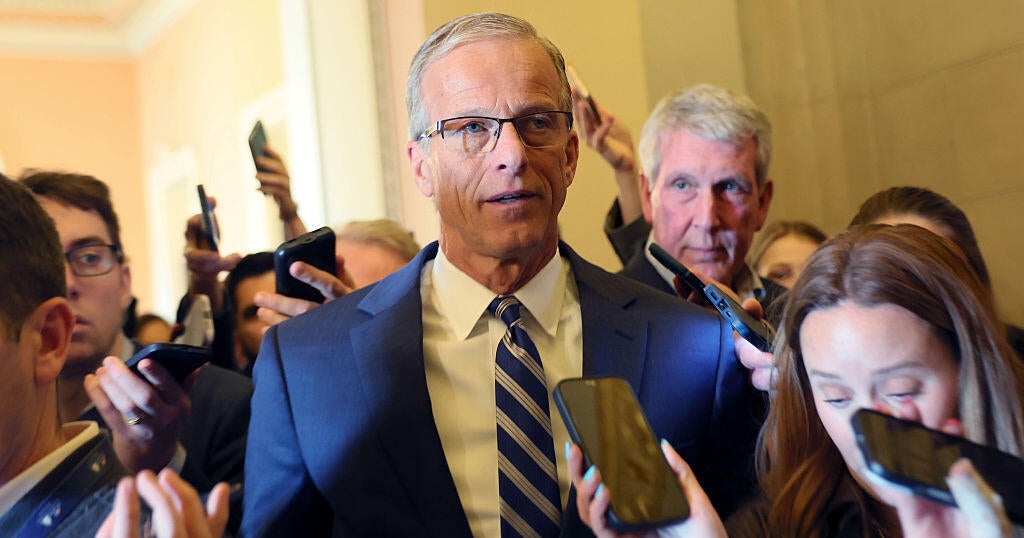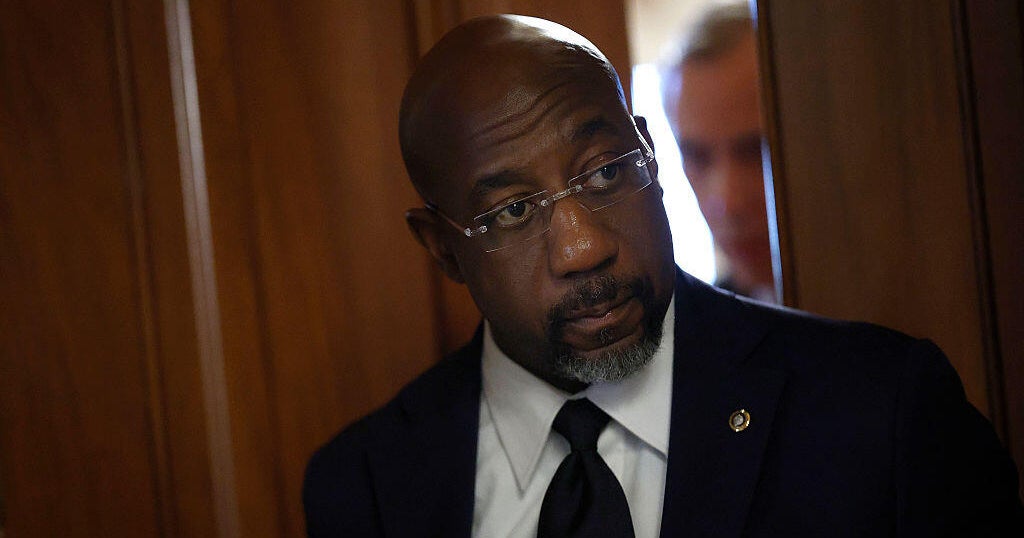U.S. sanctions 4 Russian operatives for 2020 poisoning of opposition leader Alexey Navalny
Washington — The U.S. on Thursday issued new sanctions targeting four Russian officials allegedly involved in the 2020 poisoning of opposition leader Alexey Navalny, a fierce opponent of Russian President Vladimir Putin and serving a lengthy prison sentence.
The Treasury Department identified the sanctioned operatives as Alexey Alexandrovich Alexandrov, Konstantin Kudryavtsev, Ivan Vladimirovich Osipov and Vladimir Alexandrovich Panyaev. Three of the four have worked with a specialized laboratory run by the Russian security service known as the FSB Criminalistics Institute. All four have previously been targeted by U.S. sanctions for acting on behalf of the FSB.
Navalny was on a plane to Moscow in August 2020 when he fell ill. The U.S. assessed he was the target of an assassination attempt by Russian operatives using the Soviet-era nerve agent Novichok, which Russia has used against dissidents abroad in the past.
The Treasury Department said the sanctioned individuals "collaborated to surveil Navalny ahead of the attack, break into his hotel room and apply the chemical weapon to his personal belongings, and they attempted to erase any evidence of their operation following the attack."
The Russian operatives were sanctioned under a 2012 U.S. law known as the Magnitsky Act, named for Sergei Magnitsky, a Russian lawyer who died in prison in 2009 after investigating tax fraud. The sanctions block the operatives' access to the U.S. financial system and make it illegal to do business with them. The State Department also issued visa bans for the men and their families, prohibiting them from entering the U.S.
After his poisoning, Navalny spent five months recuperating in Germany before returning to Moscow. He was immediately arrested upon his arrival and has been behind bars ever since. He had already been serving a nine-year sentence in a high-security prison when a Russian court issued a new 19-year sentence earlier this month for promoting "extremism," charges the U.S. denounced as unfounded.
Navalny and his allies have maintained his innocence and accused Russia of imprisoning him for political reasons. His group, the Anti-Corruption Foundation, published stories exposing the vast wealth accumulated by the Russian elite, including Putin and his top allies.



